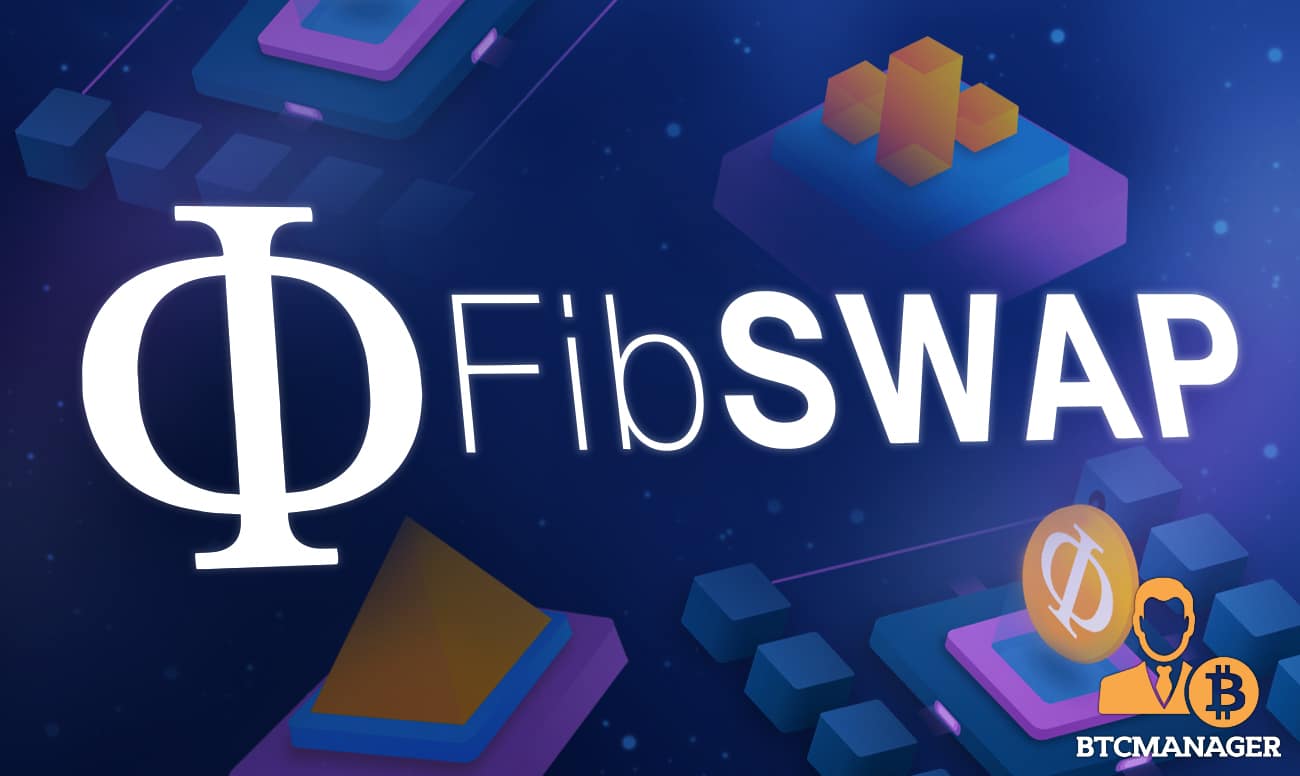Multi-Chain Solutions are the Future of Blockchain

If blockchain technology is meant to be the future host of all digital transactions, it needs to solve a fundamental problem: interoperability. With just under $3 trillion locked in the blockchain space, it’s evident that all sorts of blockchain networks and projects provide valuable use cases. However, despite many of these great ideas, due to the differentiating architecture of varying blockchains, users struggle to move funds between decentralized applications.
To unravel this industry-wide issue, projects like FibSwap provide multi-chain decentralized exchange (DEX) platforms for users to quickly, instantly, and safely swap funds between various networks in a trustless manner. So, what’s wrong with current asset swap methods? We could probably write an entire book on the topic, but for now, we will only highlight the most essential aspects.
Solving the Multi-Chain Problem
Depending on the methodology, swapping digital assets between networks can be time-consuming and expensive. It often involves users sending funds from one platform to a DEX like Uniswap, converting those funds to another via a cross-chain bridge, then moving them off the DEX and onto the other network.
DEXs charge all sorts of conversion fees (let alone the possible $100s in gas fees on each transaction), meaning users lose significant amounts of their holdings in the process. There are official bridges between platforms in some cases, but those new to crypto will struggle with these. Unfortunately, many bridges still render a high technical barrier to entry to be used efficiently, so even those who understand crypto may be deterred from using them.
Then there’s the centralized exchange (CEX) solution, where users convert one asset to another on a centralized exchange. However, CEXs are untrustworthy, and as the now popular cryptocurrency saying goes, “not your keys, not your coins”. These platforms are often the target of high-level hacks and other threats, leaving cryptocurrencies vulnerable to malicious parties. Funds simply can never be entirely safe on centralized platforms; fortunately, this is where a multi-chain DEXs comes into play.
The Multi-Chain Solution
FibSwap aims to be the multi-chain solution for all. The DEX will provide 10-second swaps between the Ethereum ERC20, Binance Smart Chain BEP20, Polygon & Fantom, with no prior experience or in-depth knowledge necessary.
FibSwap is an evolution of the traditional DEX. It’s technically considered an Interoperable Multi-chain Bridge System (IMBS) and offers a unique solution via its FibSwap Smart Algorithm. Swaps are made via FibSwap’s unique bridges, which offer low fees and fast conversion times.
Paired with these features is FibSwap’s $FIBO token. $FIBO ensures conversion fees are lower across all chains while ensuring users can visualize these fees in full before committing to a transaction. This way, users don’t suffer from hidden fees and other costs.
Beyond its utility capabilities, $FIBO doubles as the network’s governance token, meaning users holding it have a say on upcoming network changes, features, and upgrades. $FIBO tokens are also necessary for swapping between chains, and each swap reduces $FIBO’s overall supply, which ideally should increase the token’s value in the long term as incentives remain properly aligned.
Of course, all of this means nothing if the network isn’t secure. However, FibSwap has had its code audited by various third-party smart contract auditors, such as TechRate, and it has passed these audits without issue. Plus, there’s also the inherent security offered by blockchain technology. Unlike a CEX, which can be vulnerable to attacks, decentralization means there’s no central point of attack. Blockchain networks are also immutable, meaning bad actors have no way to alter transactions and modify the users’ holdings or records.
FibSwap has launched with 10 billion $FIBO tokens and has since completed initial burns of 755 million tokens. From there, the FibSwap network will lock up 1 billion tokens for liquidity purposes and lock additional assets away for future token burns. When all is said and done, the network’s circulating supply will consist of 3.674 billion $FIBO.
Considering how expensive, time-consuming, technical, and inefficient the current state of cross-chain swaps are, FibSwap has a significant role to fill in the future of blockchain interactions and interoperability. Should the industry see the mainstream adoption many are predicting, current cross-chain solutions aren’t going to cut it. The sector needs multi-chain solutions like FibSwap to ensure network interoperability. Otherwise, users will struggle to take advantage of various networks, limiting liquidity across the entire industry and preventing them from fully accessing the wonders of decentralized finance throughout the total blockchain ecosystem.













